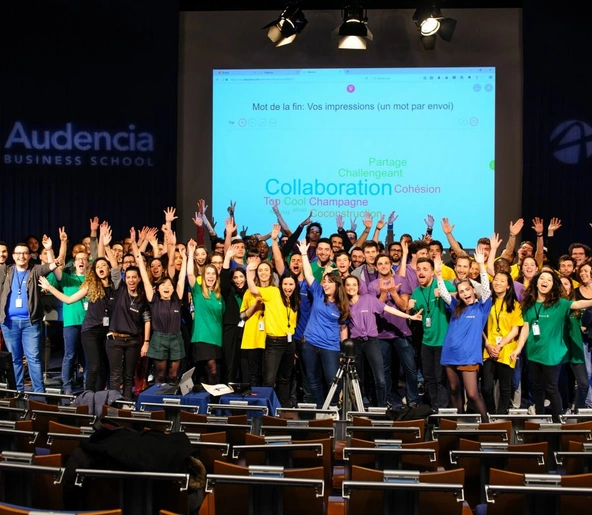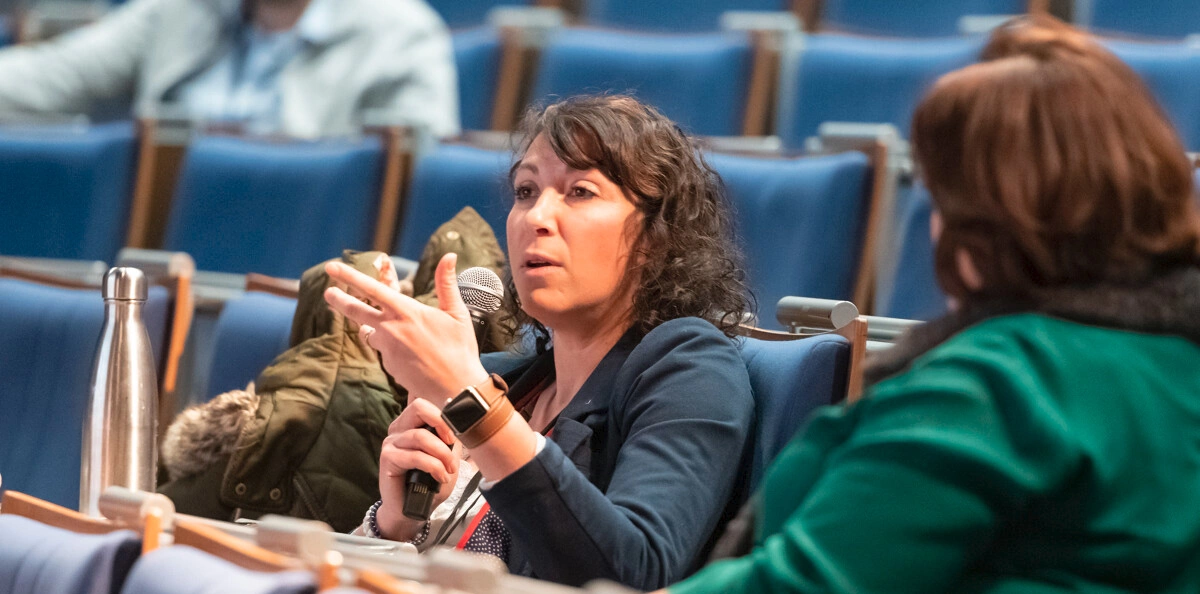Made up of faculty members and administrative staff with expertise in the challenges of ecological and social transition. The aim of this committee is to ensure alignment between teaching, research, employee initiatives and the coherence of CSR/Gaïa projects. It also proposes strategic CSR orientations to the school's CODIR and ensures that the defined objectives are achieved, and that the strategy is integrated into the carbon emissions reduction trajectory.
The committee meets 3 times a year.


